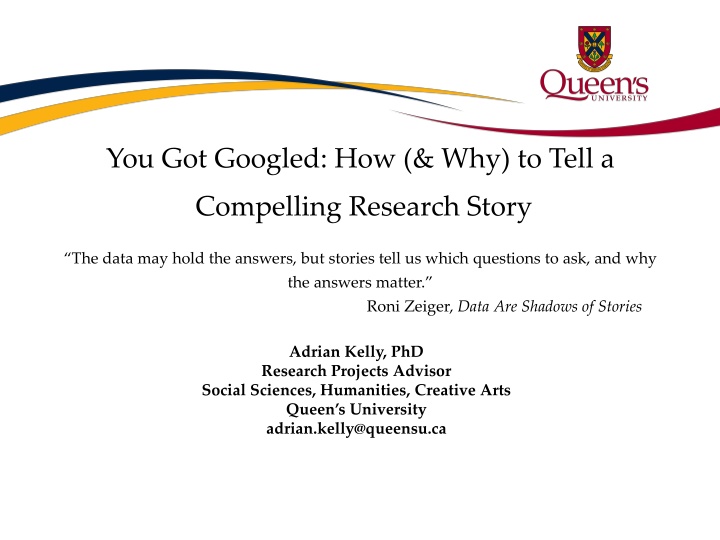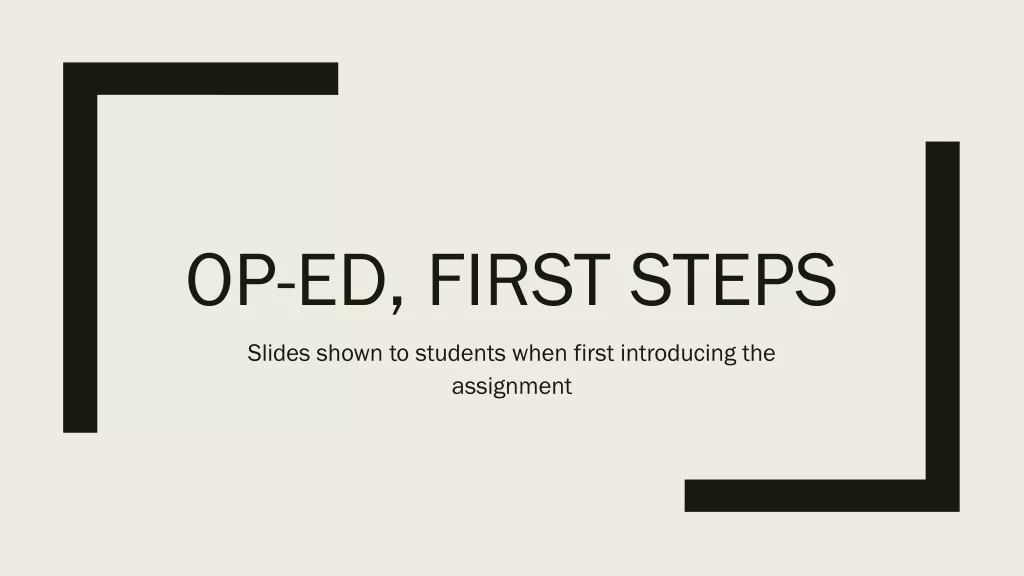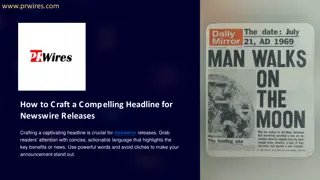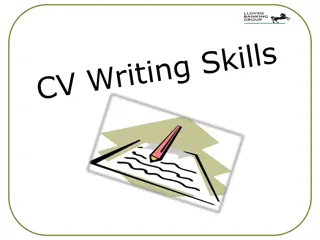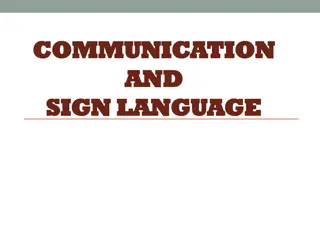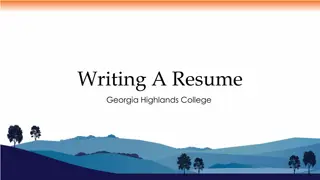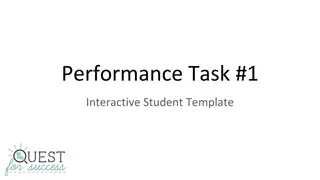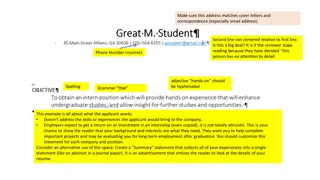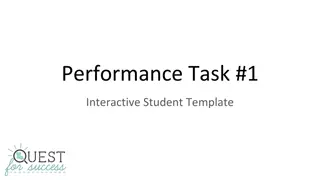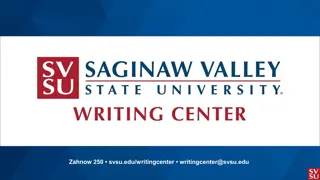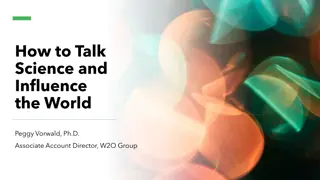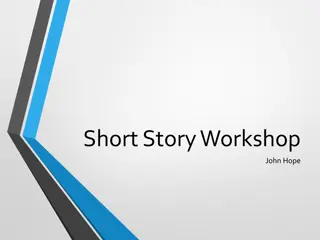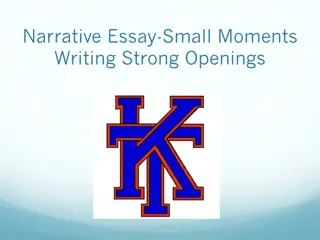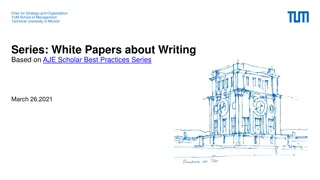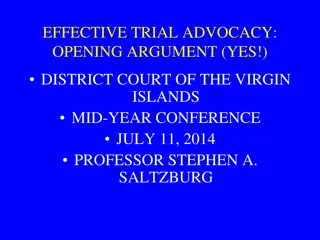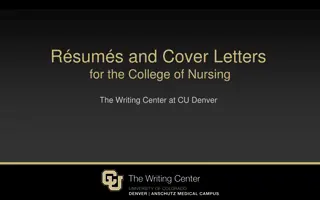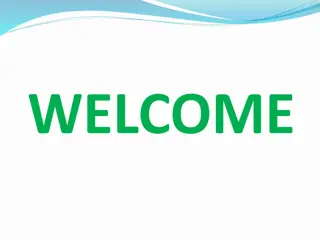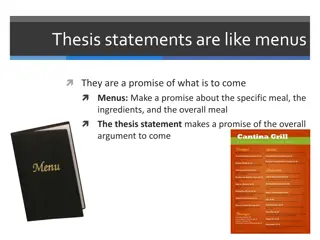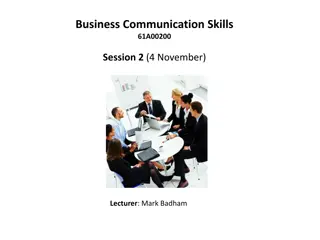Crafting Your Compelling Research Story: A Guide to Effective Communication
Learn how to leverage storytelling to enhance the impact of your research, from developing a clear narrative to identifying key elements that resonate with your audience. Explore the transformative power of storytelling in research communication and unlock strategies for engaging and inspiring storytelling in academia and beyond.
Download Presentation

Please find below an Image/Link to download the presentation.
The content on the website is provided AS IS for your information and personal use only. It may not be sold, licensed, or shared on other websites without obtaining consent from the author.If you encounter any issues during the download, it is possible that the publisher has removed the file from their server.
You are allowed to download the files provided on this website for personal or commercial use, subject to the condition that they are used lawfully. All files are the property of their respective owners.
The content on the website is provided AS IS for your information and personal use only. It may not be sold, licensed, or shared on other websites without obtaining consent from the author.
E N D
Presentation Transcript
You Got Googled: How (& Why) to Tell a Compelling Research Story The data may hold the answers, but stories tell us which questions to ask, and why the answers matter. Roni Zeiger, Data Are Shadows of Stories Adrian Kelly, PhD Research Projects Advisor Social Sciences, Humanities, Creative Arts Queen s University adrian.kelly@queensu.ca
Why storytelling? Whats in it for me? But I m not a storyteller. You re telling a story all the time, whether you think so or not. You are being Googled. What kind of story are you telling? Become conscious as to your story. Figure out the story you want to tell. Otherwise, it becomes a self-fulfilling prophecy.
Benefits of developing a clear research story Short autobiography or story-based CV Research- or project-based website with an effective About Me. CER, reaching non-academic stakeholders Better grant applications Research rut, writer s block
Toward a new About You: whats your Final Narrative? All human beings carry about a set of words which they employ to justify their actions, their beliefs, and their lives. These are the words in which we formulate. . .our long-term projects, our deepest self doubts and our highest hopes. They are the words in which we tell, sometimes prospectively and sometimes retrospectively, the stories of our lives. __________ Rorty s word final is ironic. . . . His sense is that a final language ought to be anything but final. He believes that we ought to be constantly challenging, testing, refining, and if need be overthrowing our ultimate terms and stories, replacing them with others that serve us better.
Your Final Narrative: questions to get you going What are your origins, what s your backstory? Do you have a dramatic before and after? At what point did you decide to pursue an academic career, and why? Which ideas and people had the biggest influence? Did any personal (non- academic) events influence your decision? What truly motivates you? Core values? Whom/what do you serve?
Adding details to your new About You: Position/Prestige Do you hold or have you held a unique prestige position inside academe, a company, a NGO etc? Canada Research Chair Killam Fellow SSRHC Gold Medal Teaching Awards
Publications Don t merely list Brief, engaging summaries Understandable by non-academics Good press
Popularity / Praise Number of citations Number of followers (blog, Twitter, newsletter etc) Who s said great things about you and your work? Recognized/reputable media sources Reputable professionals/peers/public figures
Performances At what prestigious or reputable non-academic venues have you spoken? Keynotes, plenary etc. Radio and TV appearances
Paying clients/Products Who has hired you for your expertise? Have you designed or invented products, systems, or some form of intellectual property?
Professional affiliations What key networks, communities, circles are you part of? (Are there some you should be part of but aren t?)
Philanthropy Where do you donate, or volunteer your time? In what ways are you committed to giving back to issues you care about?
Pulling it all together: a new About Me. Focus of what you do, and the audience you serve (one sentence) Relevance. Why can you help me? What s your particular skill, your point of view, your curiosity? Relevant backstory (including key or pivotal moments). External validators Personal/humanizing details (e.g. surprising facts, labours of love, interesting quirks). Call to action. What do you want people to do? Contact you for media appearances? Follow your blog? FB? Twitter?
Concluding exercise: your story lead One-sentence summary at beginning of About Me. I m an academic support specialist at Queen s University who helps leading scholars describe and fund their major research projects.
Your one-sentence story lead: the three components Position: who you are in the professional world (job title, status or credential, role description.) Audience: who you help and serve. Value: what you provide I'm an Assistant Professor of Sociology and Bisell-Heyd Fellow in the Munk School of Global Affairs at the University of Toronto, and a member of the Homicide Research Consortium, a multidisciplinary group of scholars studying the causes and consequences of homicide.
Concluding thoughts Think of your story as a work in constant progress. Bogging down? Research rut? Feeling blocked? Go back to basic questions, and re-explore, re-write your story. getstoried.com
